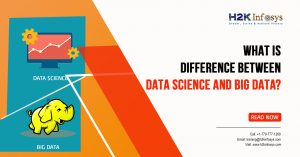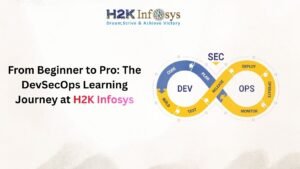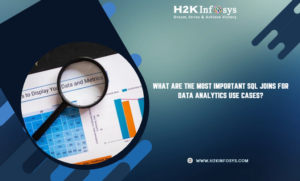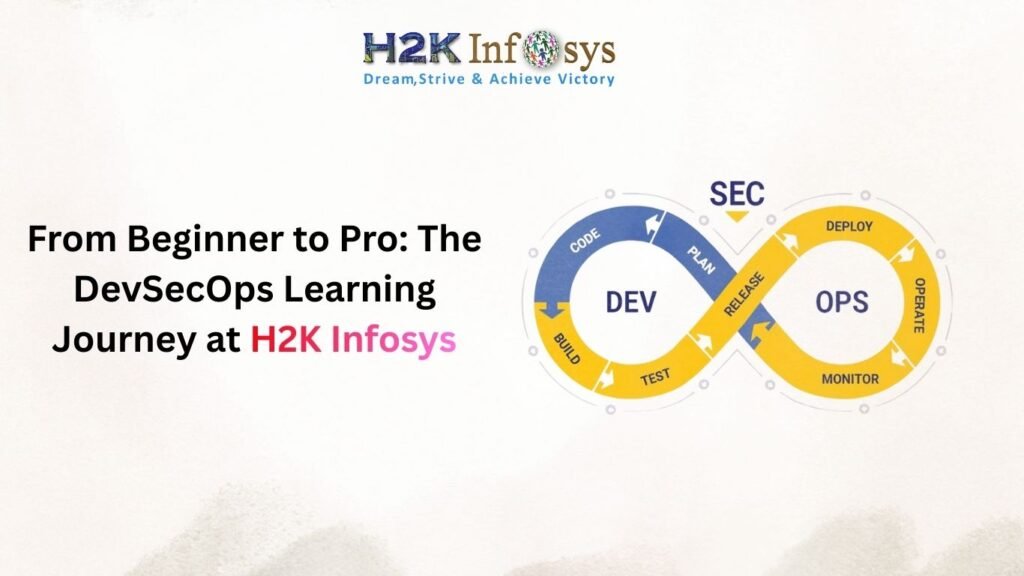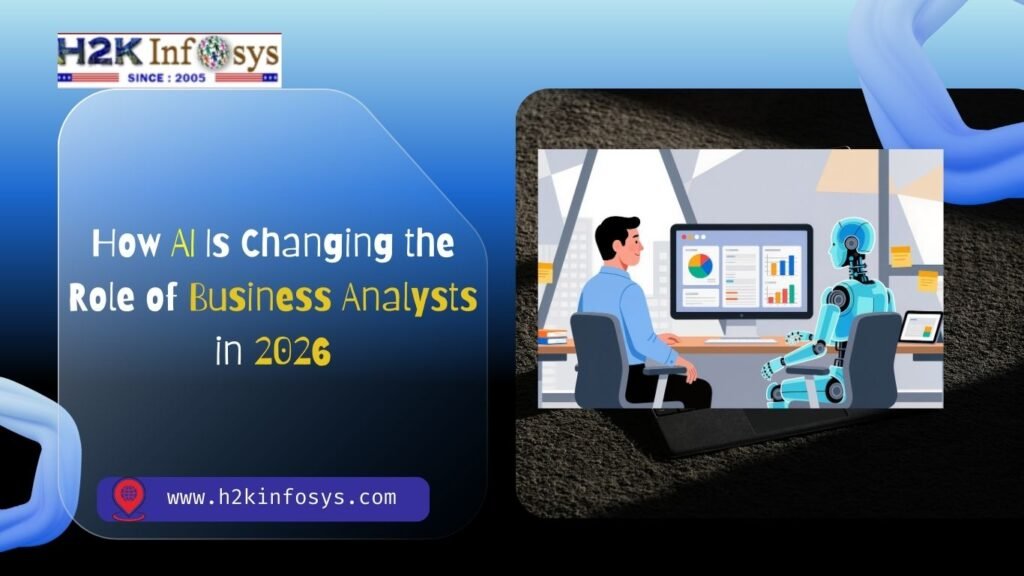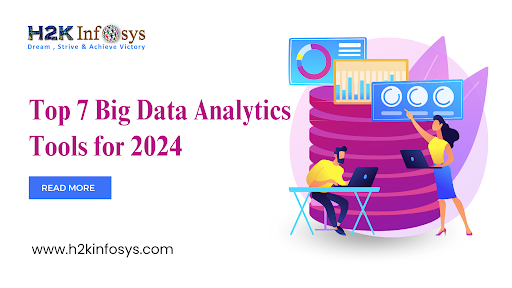Data Science is a rapidly evolving field, and securing a position at a tech giant like Google is a significant milestone in any data scientist’s career. Google is renowned for its rigorous interview process, which is designed to assess not only a candidate’s technical skills but also their problem-solving abilities, creativity, and cultural fit within the company. This comprehensive guide will cover the types of questions you can expect in a Google Data Science interview and provide tips on how to prepare effectively.
Understanding the Interview Process
Before diving into specific questions, it’s essential to understand the general structure of Google’s data science interview process. Typically, the process consists of the following stages:
- Initial Screen: This is usually a phone or video interview where the interviewer assesses your basic technical skills and background.
- Technical Interview: Conducted either in-person or via video, this stage focuses on your technical proficiency in areas like statistics, machine learning, and coding.
- Onsite Interviews: These are more comprehensive and involve multiple rounds, including technical problem-solving, case studies, and behavioral interviews.
- Hiring Committee Review: After the onsite interviews, a hiring committee reviews your performance and makes the final decision.
Core Areas of Focus
Google’s data science interviews cover several core areas, including:
- Statistics and Probability
- Machine Learning
- Programming and Algorithms
- Data Analysis
- Behavioral Questions
Common Interview Questions
Statistics and Probability
Understanding statistics and probability is fundamental for a data scientist. Here are some typical questions you might encounter:
- Explain the Central Limit Theorem. Why is it important?
- How do you handle missing data in a dataset?
- What is the difference between a Type I error and a Type II error?
- Describe various probability distributions you have used in your projects.
- How would you test if a dataset follows a normal distribution?
Tips for Preparation:
- Brush up on basic and advanced statistical concepts.
- Practice problems involving hypothesis testing, confidence intervals, and Bayesian inference.
- Understand different probability distributions and their applications.
Machine Learning
Machine learning is at the heart of data science. Expect questions that assess your understanding of different algorithms and their applications.
- Explain the bias-variance tradeoff.
- What are the differences between supervised and unsupervised learning?
- How does a decision tree algorithm work?
- What is overfitting, and how can you prevent it?
- Describe the process of cross-validation. Why is it important?
Tips for Preparation:
- Familiarize yourself with common machine learning algorithms (e.g., linear regression, logistic regression, SVM, decision trees, and neural networks).
- Understand key concepts like feature selection, model evaluation, and hyperparameter tuning.
- Work on practical machine learning projects and Kaggle competitions to gain hands-on experience.
Programming and Algorithms
Proficiency in programming and algorithms is crucial for implementing data science solutions. Google often tests candidates on their coding skills, particularly in Python or R.
- Write a function to perform a binary search on a sorted array.
- How would you implement a hash table?
- Explain the time complexity of different sorting algorithms.
- Write a program to find the nth Fibonacci number.
- Describe a situation where you optimized a piece of code for better performance.
Tips for Preparation:
- Practice coding problems on platforms like LeetCode, HackerRank, and CodeSignal.
- Understand the basics of data structures (e.g., arrays, linked lists, stacks, queues) and algorithms (e.g., sorting, searching, dynamic programming).
- Focus on writing clean, efficient, and well-documented code.
Data Analysis
Data analysis questions evaluate your ability to extract insights from data, use visualization tools, and interpret results.
- Describe a project where you analyzed a large dataset. What tools did you use?
- How would you handle outliers in your data?
- What is A/B testing, and how would you design and analyze an A/B test?
- Explain how you would use SQL to query a database.
- Describe a situation where your analysis had a significant impact on a project or business decision.
Tips for Preparation:
- Gain proficiency in SQL and data manipulation libraries like Pandas (Python) or dplyr (R).
- Practice exploratory data analysis (EDA) on various datasets.
- Learn to create effective visualizations using tools like Matplotlib, Seaborn, or Tableau.
Behavioral Questions
Behavioral questions are designed to assess your fit within Google’s culture and your soft skills.
- Describe a time when you faced a significant challenge in a project. How did you overcome it?
- How do you prioritize tasks when working on multiple projects?
- Tell me about a time when you had to explain a complex technical concept to a non-technical stakeholder.
- How do you stay updated with the latest trends in data science and technology?
- Describe a situation where you had to work in a team. What role did you play, and how did you contribute to the team’s success?
Tips for Preparation:
- Reflect on your past experiences and prepare stories using the STAR (Situation, Task, Action, Result) method.
- Highlight your problem-solving abilities, teamwork, and adaptability.
- Show enthusiasm for Google’s mission and values.
Additional Tips for Success
- Research Google’s Products and Services: Understanding Google’s ecosystem can help you provide relevant examples and demonstrate your interest in the company. Familiarize yourself with their latest products, technologies, and research areas.
- Practice Mock Interviews: Simulate the interview experience with a friend or use online platforms that offer mock interviews. This can help you get comfortable with the format and receive constructive feedback.
- Review Your Projects: Be prepared to discuss your past projects in detail. Highlight your contributions, the tools and technologies used, and the impact of your work.
- Stay Calm and Confident: Interviews can be stressful, but staying calm and composed is crucial. Take your time to understand each question, ask clarifying questions if needed, and approach problems methodically.
- Focus on Problem-Solving: Google values candidates who can think critically and solve complex problems. Practice breaking down problems into smaller, manageable parts and explaining your thought process clearly.
Conclusion
Preparing for a Google data science interview requires a comprehensive approach, covering technical skills, practical experience, and soft skills. By focusing on key areas like statistics, machine learning, programming, data analysis, and behavioral questions, you can build a strong foundation for success. Additionally, practicing coding problems, working on real-world projects, and simulating the interview experience can significantly boost your confidence and readiness.
Remember, the interview process is not just about showcasing your technical expertise but also demonstrating your ability to think critically, communicate effectively, and fit within Google’s innovative culture. Good luck with your preparation, and may you succeed in securing a coveted data science position at Google!



